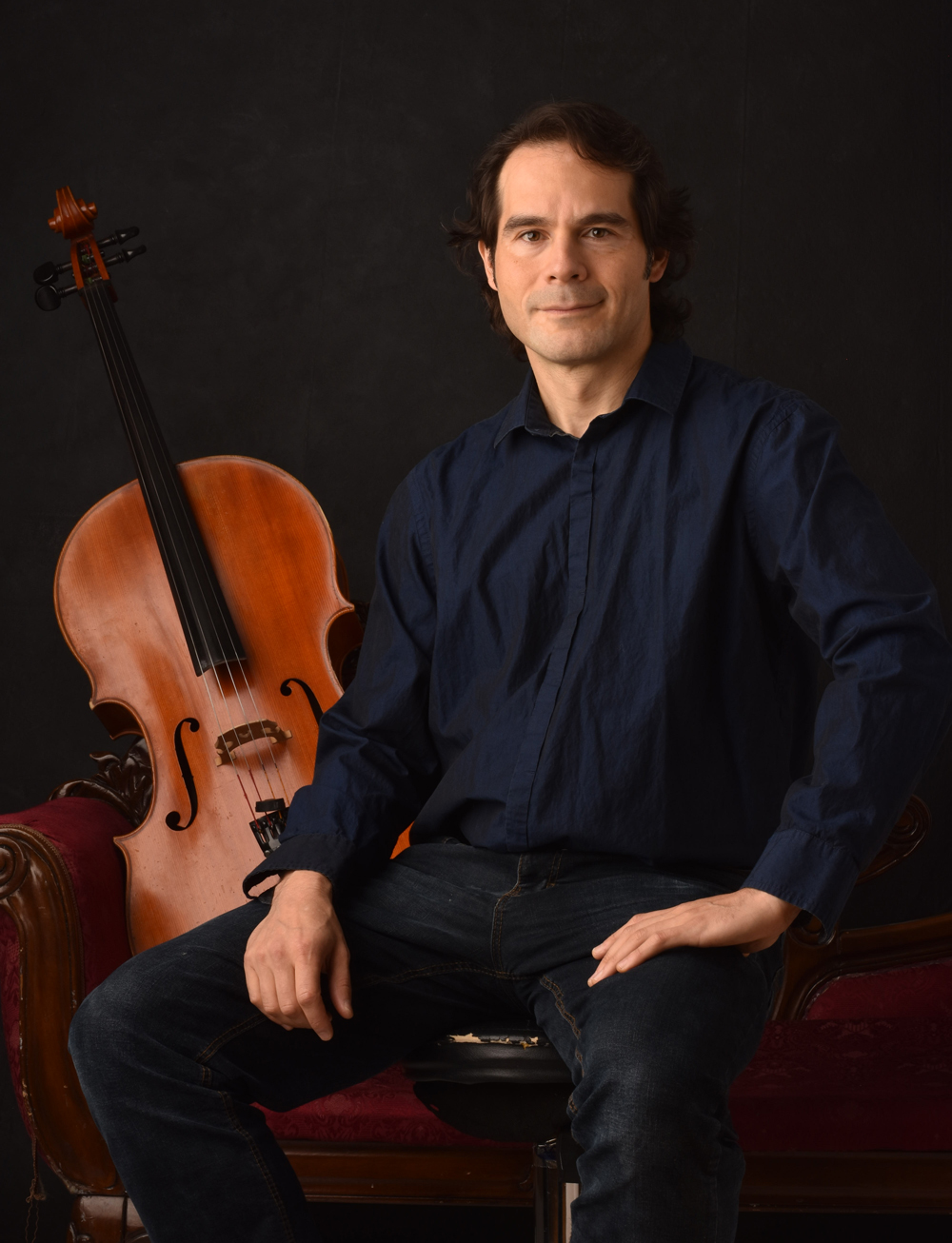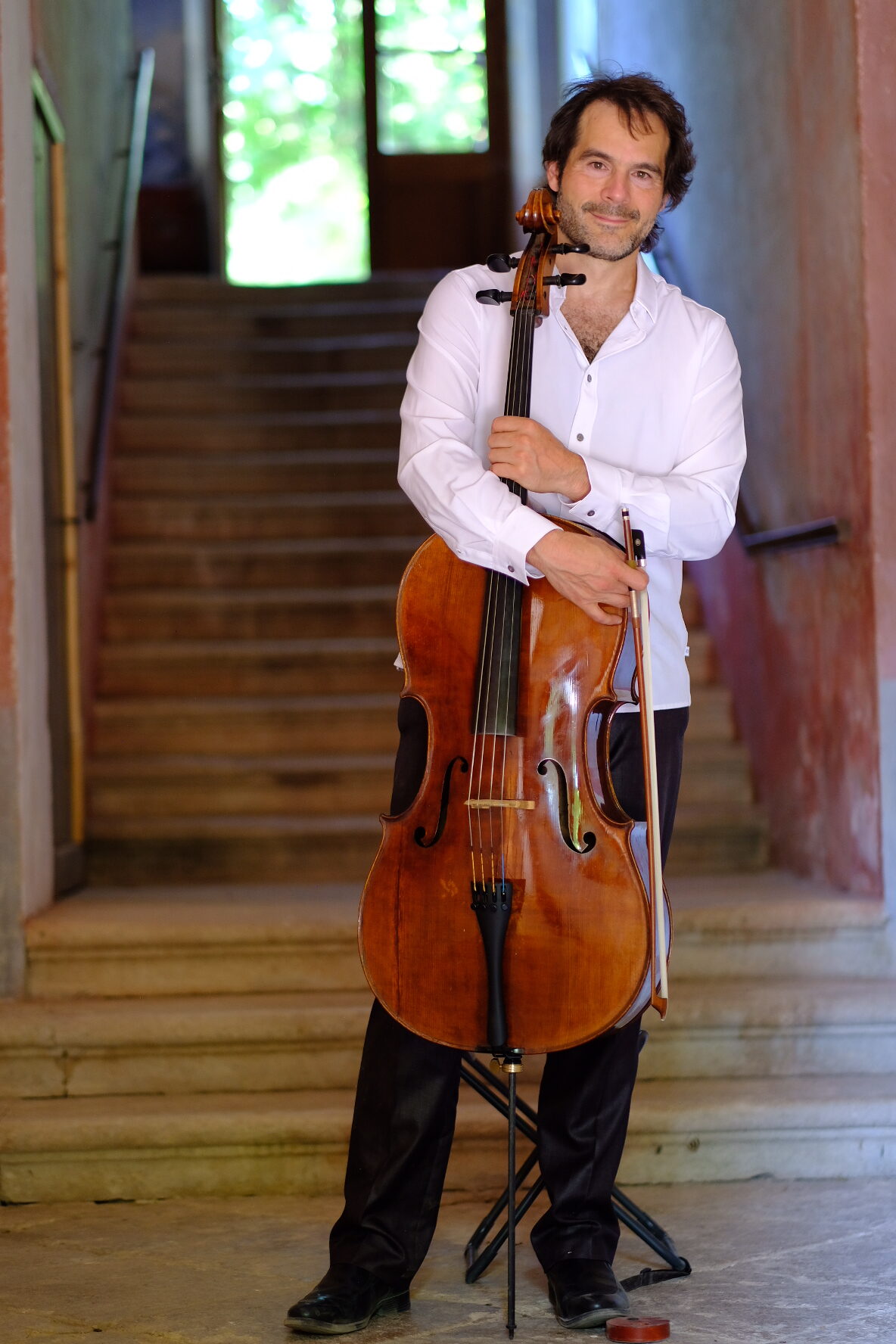About Brian Gaona
Values, focuses
There are very few things as captivating and beautiful yet as apparently purposeless as Music. You can’t apply Music as a solution to life’s most concrete and material issues and in spite of this, we expend tremendous efforts and resources to manifest its existence. Professional musicians spend most of their time, energy and finances toward creating an ideal sound and parents will frequently spend tremendous efforts, patience and money so their children can study this Art. How can we account for this apparent conundrum?
Common responses such as developing refinement, work ethic, respect for quality, are real enough to warrant such study. Since Don Campbell wrote The Mozart Effect, we now believe that certain kinds of music can even raise your IQ. But our fascination with music motivates us far beyond these merits. People rely on Music for the well-being of their mental health, facilitating work, providing senses of identity and even supplying spiritual experiences so craved in our cautious modern environment.
As meaningful as these functions of Music are to us in our modern age, the prestige of the topic of Music only increases as you search further and further back in time in the litterature about Music. In the Nineteenth century, Music gave us a sense of national identity and ethnic character. In the Eighteenth century, Music was understood to be closer to a science. In the Middle Ages, Music was clearly as much of a sapientia as Astronomy and Mathematics that enabled you to understand the hidden meaning of the Universe. And in the Ancient World, Music was a path to unveiling divine secrets.
It is my belief that even though this perspective is lost to our current society, these realities of Music’s potency and potential are no less valid today than they were in Millenia past, even if we do not consciously cultivate this credo. Therefore, I embrace this vast concept of Music as a starting point for all my musical activities, whether in the domains of musicology, composition, performance, or especially teaching.
The result I aspire toward is that in creative efforts, there is a constant awareness of dimensions of the mind and perceptions of reality that are untapped or unrealized. As a performer, there are forever higher levels to achieve, even beyond what our imagination currently encompasses. And finally, as a teacher, this perspective is most important and urgent: the student must never tire of seeking higher levels, broader understanding and richer syntheses. Together we must augment our intellects and abilities to the degree to which our minds can conceive while simultaneously maintaining a respect for the realities we cannot yet know.
Brian Gaona
Biography
Brian Gaona’s musical studies began studying guitar, leading to piano, composition, and cello. He has studied such illustrious teachers as Michael Fritsch, Tella Marie Debose and Gellert Modos on piano; as a cellist, Emilio Colon, Brandon Vamos, Suren Bagratuni and Ko Iwasaki.
As a student, he performed as a concerto soloist in College of Dupage under the direction of Harold Bauer, then earning a double Bachelor’s Degree in piano and cello from Illinois State University. Finally, Brian completed his Doctor of Musical Arts Degree from the University of Illinois. The focus of his studies was Beethoven and mystical aspects of music, culminating in a frequently referenced dissertation on these topics.
He has since gone on to play with the Memphis Symphony Orchestra, Illinois Symphony Orchestra, and Peoria Symphony Orchestra. He held the position of principal cello for The Henry Mancini Institute, the Enescu Ensemble and most recently, his current position with the Southwest Symphony Orchestra.
As a soloist, he has been featured by the Asturian Government of Spain, the 2003 International Beethoven Conference, the 2017 Naperville Tchaikovsky Festival, the 2019 EMW Tiannenmen Square Commemoration, and as a cellist and composer in One World Symphony’s Cellobration II. He had numerous engagements to perform as a soloist and lecture recitalist in various Chicago venues. In 2020 he completed a performance of the complete cycle of the Six Cello Suites by J. S. Bach in Chicago. In November 2024, he is to play the Schumann’s Cello Concerto with the Southwest Symphony Orchestra.
His discography includes very diverse portfolio and styles including classical, doom metal, country and rock. Click here to see his discography.


